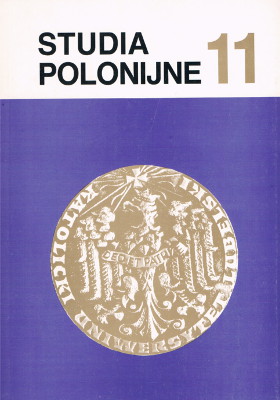Religious and Social Role of the Polish Catholic Mission in the Interwar Period and During the II World War
Main Article Content
Abstract
This article covers only the period from 1922 to 1945 whereas the Mission's activity dates back to 1836 and is still going on in France. This period is important since at that time the statute law of the Polish Mission was established (it became the Polish Primate's delegation). At that time a structure of Polish pastoral care was set up and it is at work up to this day. The Mission played a leading role then among Polish emigrants in France. In comparison to the emigrant pastoral care of other ethnic groups, the Polish religious care was regarded as the best organized. With the cooperation of the Polish and French Episcopates and managers of coalmines and factories, where the Polish emigrants worked, the four subsequent rectors of the Mission organized 47 localities of the permanent Polish pastoral care. For those emigrants who worked in agriculture there was organized an itinerant pastoral care reaching 800-900 localities in a year. The Polish Catholic Mission served as the ideological centre, as it were, for Polish religious organizations. Compared to other foreign ethnic groups, the Poles had the greatest number of such organizations. They numbered over 30.000 members.
The Polish pastoral care which was run by the Mission played an important and positive role in the interwar period in helping the emigrants to adjust to life in France. It protected them from the effects of having been uprooted. The Polish pastoral care, though it tended to preserve its own national, linguistic and cultural individuality, played at the same time an important role in the interaction with the French society. Some factors which considerably restricted the Polish Catholic Mission's activity in France were the shortage of Polish priests and of a solid material base for the itinerant pastoral care.

